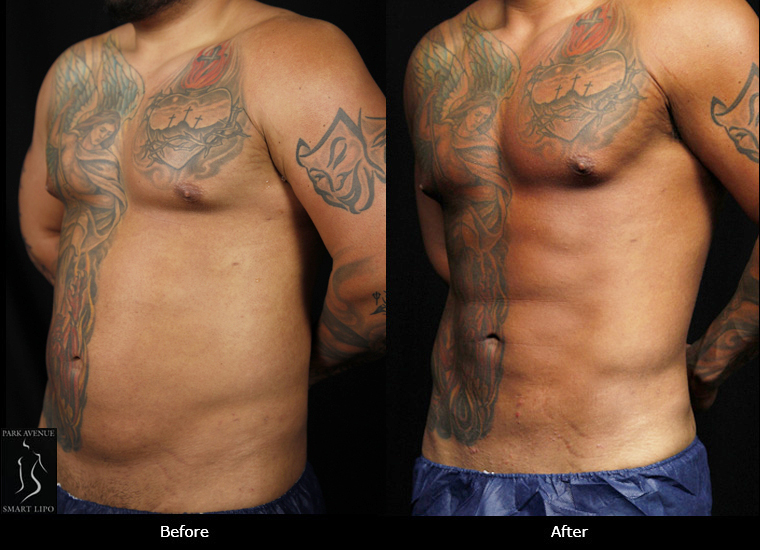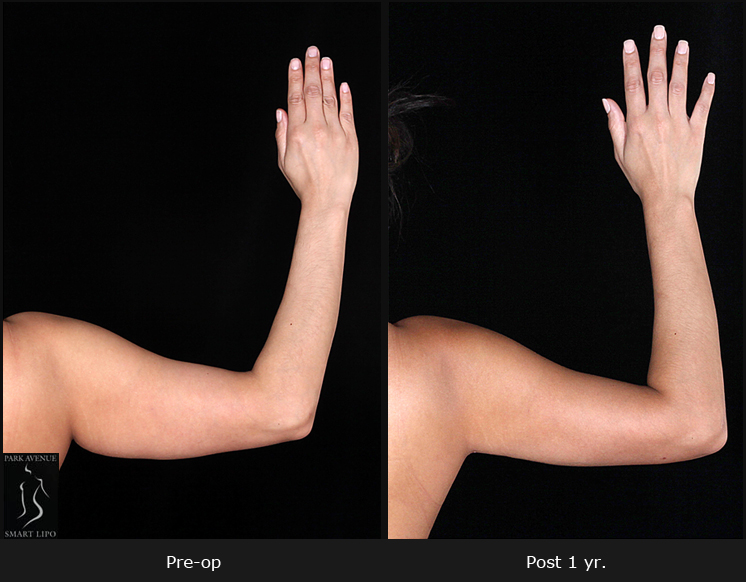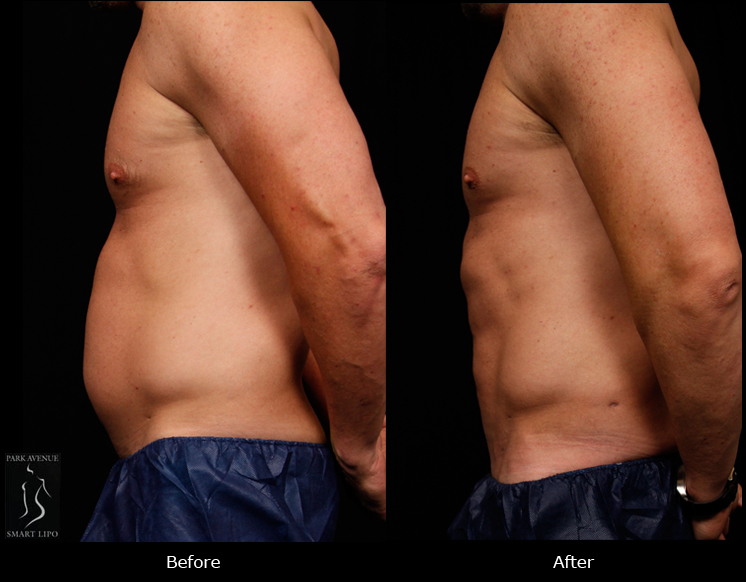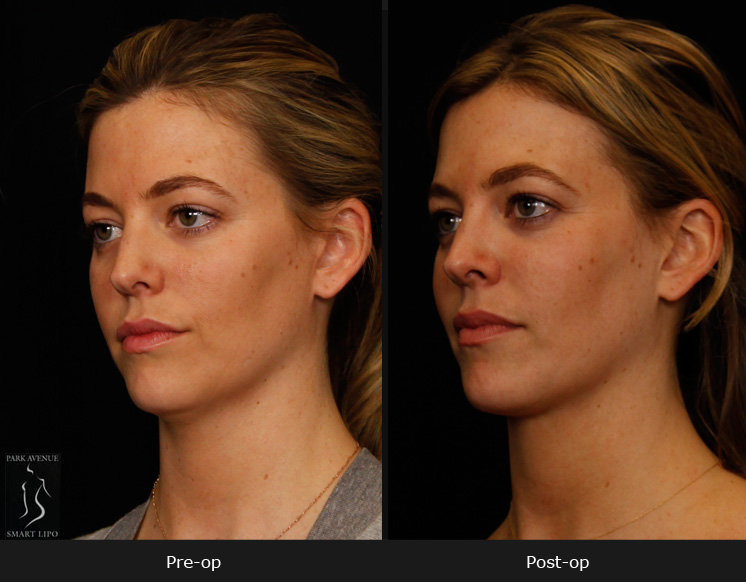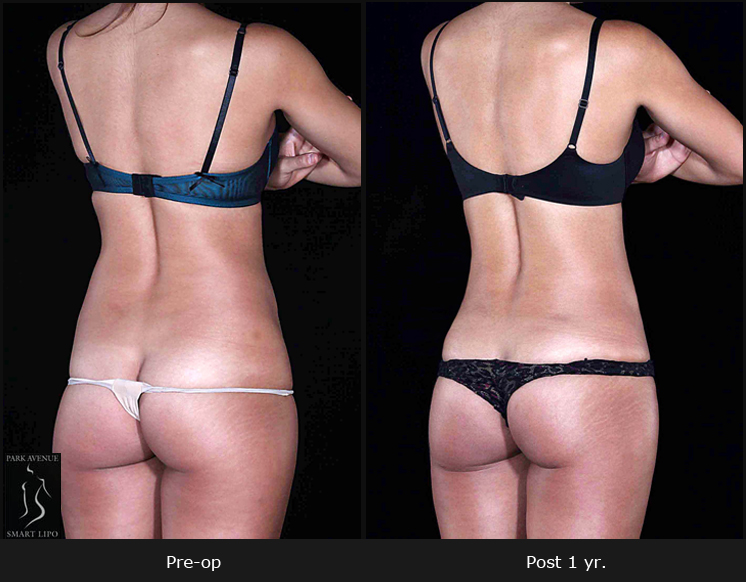More than four decades after it was introduced, liposuction, also called lipo, remains one of the most sought-after cosmetic procedures in the U.S. and worldwide. The 2024 plastic surgery trends report from the American Society of Plastic Surgeons shows that liposuction ranks first in surgical procedures, increasing slightly over last year. By targeting and removing stubborn fat that diet and exercise often cannot address, the procedure helps contour the body and restore proportion.
While techniques such as Smartlipo laser liposuction have made the procedure safer, less invasive, and more effective, the success of liposuction still depends on more than just technology. Patient education in liposuction plays a critical role in ensuring safety and effectiveness, helping individuals understand the procedure, set realistic expectations, and follow aftercare instructions.
Why Patient Education Matters
An informed patient is better prepared to make decisions, set realistic expectations, and actively participate in their treatment plan. By working with their liposuction surgeon, an informed patient not only enhances confidence but also helps reduce risks and improve the overall experience.
Here are key areas where patient education in liposuction makes a difference:
- Understanding Candidacy: Not everyone is an ideal candidate for this cosmetic surgical procedure. Minimally invasive options like body contouring with Smartlipo Triplex can remove stubborn fat while also tightening the skin, but they are not a substitute for weight-loss surgery.
The best candidates for Smartlipo Triplex liposuction are individuals with stubborn fat deposits and good skin elasticity who want both fat reduction and skin tightening without invasive surgery. Educated patients understand when their goals align with what liposuction can actually deliver.
- Knowing Your Options: Patients should be aware of the different lipo techniques available and have open discussions with their surgeon about which method best suits their needs. For example, Smartlipo Triplex uses laser energy to liquefy fat and stimulate collagen, making it a great choice for those who want fat reduction along with skin tightening.
- Discussing Benefits and Risks: Every surgical procedure has risks, but with the right surgeon, complications can be minimized. Educated patients ask the right questions—about safety, results, downtime, and risks—helping them make informed decisions and reducing anxiety before surgery.
- Choosing the Right Surgeon: A successful outcome depends heavily on the skill and experience of the surgeon. Patients who take the time to research credentials, review results, and choose an experienced professional are more likely to achieve natural-looking and lasting outcomes.
- Following Aftercare Instructions: The recovery process is just as important as the surgery itself. Patients who carefully follow aftercare guidelines—such as wearing compression garments, attending follow-up visits, and maintaining a healthy lifestyle after body contouring, heal faster and enjoy long-lasting results.
Considering Body Contouring? Stay Informed
Minimally invasive laser liposuction with Smartlipo offers safe and effective body contouring when performed on the right candidates by skilled surgeons. Beyond choosing the right surgeon, the most powerful factor in achieving long-lasting, satisfying results is patient education in liposuction. Informed patients understand what the procedure can and cannot do, participate actively in planning, and commit to healthy habits that preserve their results.
Take the first step toward confident body contouring – schedule your consultation and learn how the treatment works and more!


